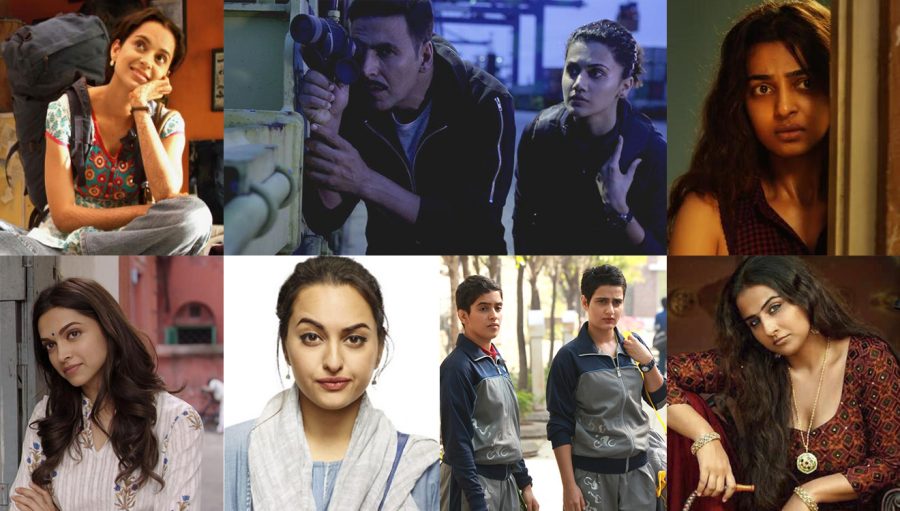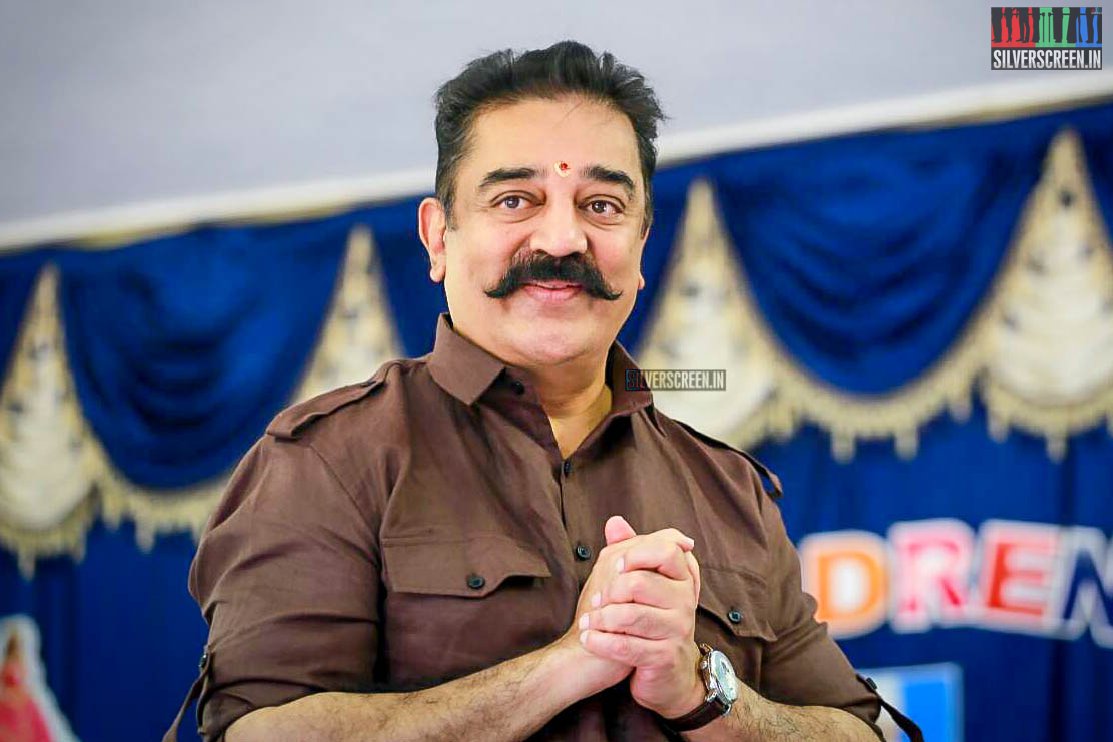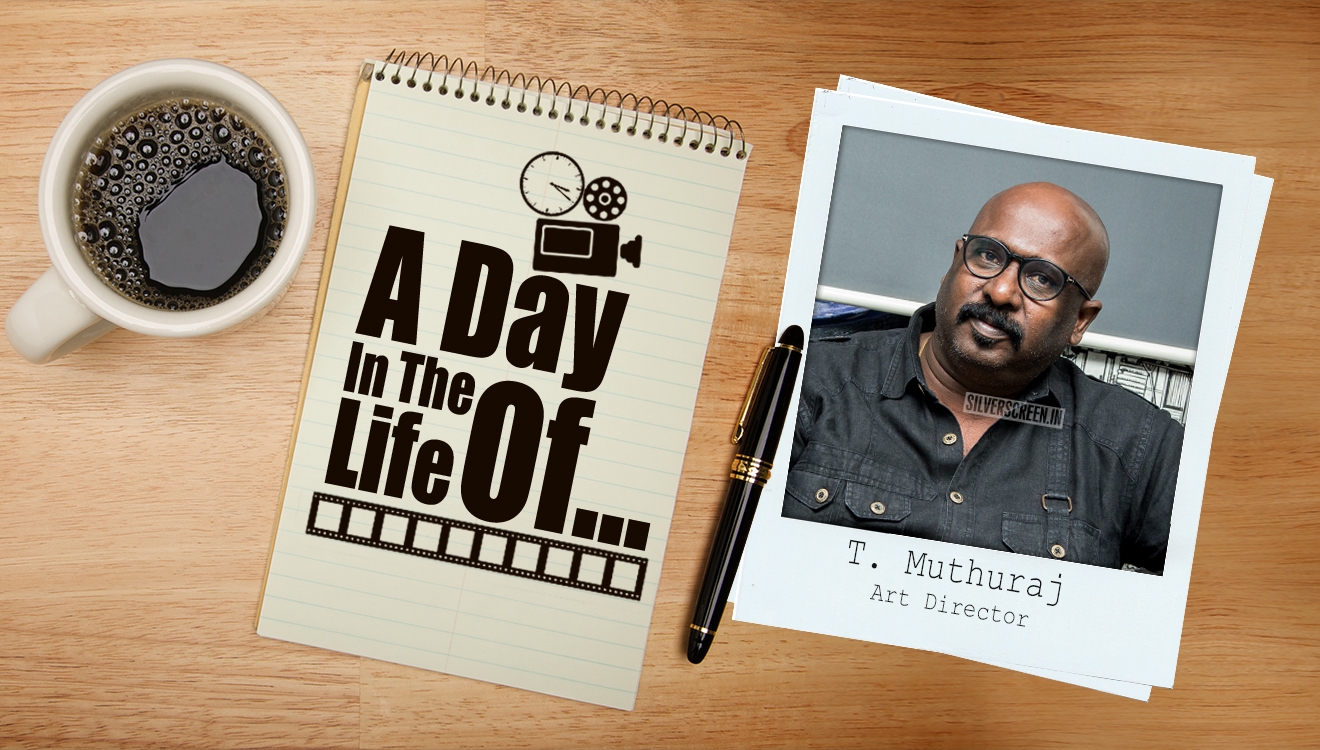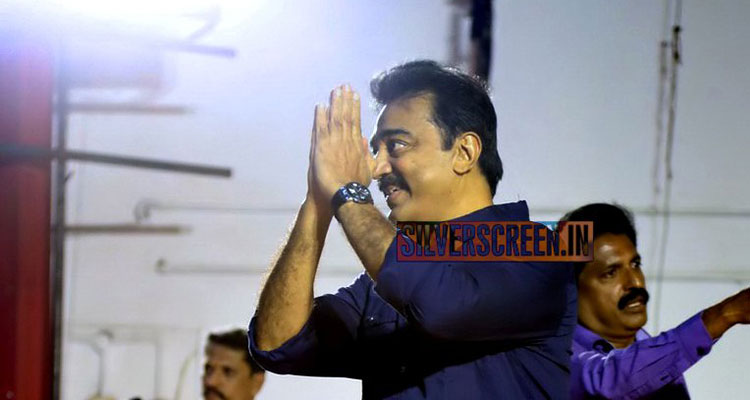The recent spurt in the number of ‘women-centric’ films in Bollywood is heartening, but how many of them deliver the feminist narrative they promise?
“When I took up my first job, I imagined that I would buy a car in a year with the money I had saved,” a former roommate told me once. “Now it’s been three years, and I don’t have enough to buy a moped.”
We were sitting on a bed in our cold one-room rented place behind a family’s garage in Bangalore, drinking tea. She wanted to write on lifestyle, fashion, and food, but was drudging as an underpaid content writer. Her parents were pushing her to return to Jaipur, her hometown. To get married and settle down into a ‘normal’ life. She continued to resist.
Rarely has mainstream cinema acknowledged this truth about the modern, urban woman – cash-strapped, confused, and stressed-out in a world dogged by economic crises, sexism, and systemic apathy. Such women, unsurprisingly, don’t quite belong in male-driven popular culture which adores manic pixie girlfriends, creates gentlemen out of brats and thugs, and casts either damsels in distress or daredevil fighter females. There has never been enough space for the awkward, clumsy women who can’t handle life with grace and aplomb, who are not very desirable, or ‘dateable’, as Noah Baumbach’s Frances puts it.
Baumbach, the Woody Allen of this generation, centered his Frances Ha!, a 2011 monochromatic film shot in Brooklyn, around a 27-year-old struggling dancer who is leading a messed up life. There is a scene in the film where Frances (Greta Gerwig) is at a restaurant with a friend (Adam Driver). She insists on paying for the food since she got a tax rebate earlier that day. Frances hands over her debit card to the bearer who tells her that the restaurant accepts only cash. The scene is so brilliantly enacted and shot, with the camera watching an embarrassed and nervous Frances mumbling, “I am not a real person yet,” and running off to find an ATM machine. The film follows her as she dashes through the streets, looking for an ATM, with that ever-evasive self-esteem slipping away from her again. Her fears and desperation are familiar. It’s a very palpable sequence, just like the overall film. There is no definite story-line, yet this simple and honest life portrait of a young woman has a unique charm that would keep you glued to the screen.
Frances is coltish, and does things that mainstream cinema doesn’t want its women to do. Like tripping on the road while doing a cartwheel, peeing on railway tracks, and making embarrassing conversations at dinner tables. Frances, in spite of living in a dispiriting world, doesn’t ask for sympathy or redemption. The film culminates in a beautiful and calming shot of her settling down in her new apartment.
Frances Ha’s feat can be largely attributed to Greta Gerwig, the lead actress who co-wrote the film’s script with her life-partner, Baumbach. A similar work is Fleabag, Netflix’s breakout series written by and starring Phoebe Waller-Bridge. It has an extremely irreverent woman with a lot of grey and darker shades at its centre. Someone who would unabashedly bitch about lovers and colleagues behind their back, laugh out inappropriately in public, and mercilessly remind her friends of that embarrassing drunken banter from years ago.
In young Indie director Anais Volpe’s debut film, Heis Chronicles, a 20-something woman returns home to live with her old mother and twin brother after losing her job. A struggling artiste, Pia (Volpe herself), through humorous and occasionally sombre monologue, explains what it feels like to be unemployed in a first-world country.
*****
If we are yet to see similar stories about modern women in Bollywood, that is because the biggest film industry in India is yet to come of age with feminist narratives. Although a bunch of women-centric films like Queen and Anarkali Of Arrah stand out for their no-nonsense women protagonists, there is a bigger lot which only manages to camouflage the industry’s inherent sexism and misogyny, nothing more.
Of course, there are positive signs. Over the years, the industry has seen a surge in the number of films centred around women. There are successful actresses like Kangana Ranaut, Deepika Padukone, Vidya Balan and Radhika Apte for whom scripts are being written, who are being vocal about the industry’s pay disparity and sexism. Also interesting is the rise of women directors who are not confined to art house films that get screened only at film festivals. Zoya Akhtar, Farah Khan, and Gauri Shinde are making commercial films with free-spirited women characters, and the films are doing well at the box-office too.
However, the grim reality comes to light when you see a movie like Begum Jaan or Dangal being promoted as a feminist film. In Dangal, a sports drama about two women from a Haryana village making it big in the field of wrestling, the elephant in the room is Aamir Khan, who dons the role of a male savior. The male narrative subjugates the female narrative in Dangal, while Begum Jaan, which has Vidya Balan playing the titular role, is a badly made mawkish movie that treats its women characters like they are a bunch of clowns. Quite often do mainstream film industries lose sight of that line that separates a feminist film from run-of-the-mill scripts that just have a woman in the lead role.
Queen, by that standard, is quite well thought-out. Directed by Vikas Bahl, it has a young protagonist from a middle-class Delhi family, going on her first trip abroad, alone and heartbroken after her fiancé calls off the engagement a day before the wedding. It isn’t the first time that a female character goes travelling through Europe on the Indian screen. In Aditya Chopra’s Dilwale Dulhania Le Jayenge, Simran (Kajol) does some backpacking too. However, DDLJ‘s Simran and Queen‘s Rani live in two contrasting worlds. While Simran gracefully buries her head in a book to avoid interacting with strangers, Rani decides to make new friends, and let out her frustrations and repressed emotions. Rani chooses to break free, while Simran gets into a glittery lehenga and blushes when Shah Rukh Khan sings “Mehendi Laga Ke Rakhna”. Simran was a product of a new India which wanted to go global, yet keep one foot firmly on Indian soil. Rani is a part of a new wave of Bollywood which is more focused on drawing familiar characters.
In Shoojit Sircar’s Piku (2015), the biggest star is Deepika Padukone, who plays the titular role. Although the film has Amitabh Bachchan playing Padukone’s father, a crabby septuagenarian suffering from a bowel problem, it is essentially Piku’s story. The film collected over Rs 100 crore globally. The film’s success, by far, is attributed to its screenplay written by Juhi Chaturvedi, one of the most original writers Bollywood has at the moment. She gives a personal, humorous touch to Piku, who would otherwise have been just another upper-class career woman – with a moral side the Indian censor board would never approve of. Padukone gets more screen time in the film, and reportedly, received a bigger pay check than her male co-stars, Bachchan and Irrfan Khan.
Gauri Shinde’s Dear Zindagi (2017) narrated the story of a young woman overcoming heartbreaks and depression with the help of a psychologist. While the film deserves a pat on its back for taking the word ‘depression’ to the realm of mainstream cinema, it ends up as yet another Bollywood film like Jab We Met, where a sad pretty girl is cheered up by a handsome male star.
*****
A far better portrayal of a woman suffering from a mental disorder could be found in Phobia (2017), starring Radhika Apte in the lead role. Apte’s performance in the film was, by far, one of the the most remarkable performances by an actress in a film in 2016. Phobia, a thoroughly underrated brilliant drama, narrates how a patriarchal society shuts off a free-spirited woman, just as a cage would clip the wings of a bird. Apte’s performance as Mehak, a young woman suffering from Agoraphobia, is restrained and nuanced. The film’s powerful feminist narrative is subtle – something that unfurls in the background. On the foreground, Phobia is an excellent psychological-thriller with some great plot twists. Agoraphobic Mehak, who is too scared to step out of her house, is a creation of the society that preys on free-spirited women.
In Dear Zindagi, Shinde plays to the galleries by casting Alia Bhatt, one of the most charming faces in Bollywood, in the lead role, and none other than superstar Shah Rukh Khan, in the role of her psychologist. The film collected over Rs 60 crore from the domestic market. Nevertheless, it’s not fair to equate the success of Dear Zindagi to that of Queen or Piku. While Bhatt does add the necessary glamour to the dour subject of depression, it is Khan’s presence that gives the film its starry shine.
Similar star interference is seen in films like Dangal, Pink and Naam Shabana, where the women protagonists are held by their hand and led to success, justice and freedom by men.
In Aniruddha Roy Chowdhury’s Pink (2016), three young and independent women living in Delhi fight a bunch of guys in a high-profile sexual harassment case, with the help of an old fiery lawyer, played by Amitabh Bachchan. The women don’t fit into Bollywood’s traditional ‘good girl’ mould, yet the film effectively prompts the audience to root for them, largely because of Bachchan’s eloquent advocacy in their favour.
Having said this, Pink is an undeniable improvement for an industry which once made a woman protagonist marry her rapist, and later, save his life so that he would fall in love with her (Raja Ki Aayegi Baraat, 1997). Pink is cautious enough to not objectify women or resort to overt sentimentality. Instead, it narrates the painful legal procedures and societal trials that a sexual abuse victim is put through.
While Pink uses Amitabh Bachchan as its spokesperson to pass the feminist message “when a woman says no, it only means no!”, in Anarkali Of Arrah (2017), which stars Swara Bhaskar, the woman protagonist, who is a small-time dancer, stands up for herself. Anarkali’s lowly profession as a dancer-singer whose songs have lyrics laden with sexual innuendos, makes her vulnerable to sexual harassment. But Anarkali fights off rapists and sexual predators with all her strength, even though she has no one to take her side in an Indian small town where misogyny rules the roost.
Recommended
Taapsee Pannu’s 2017 film, Naam Shabana, tricks her into believing that she is the lead in the film in which she gets to play the titular role. However, the film proceeds more like a mission of taming the dragon, where Shabaana, an athlete with a sharp intellect, is stalked by a set of men, led by Manoj Bajpai and Akshay Kumar, who discreetly take her under their wings, and train her to be an intelligence officer. In the crucial action scenes, Shabaana functions as a property while it is Akshay Kumar who dictates the operation. But the bright side of Naam Shabana is that it convincingly portrays a sturdy, smart and athletic woman. And perhaps, in one of the future installments of the franchise, we might hopefully see Shabana putting to use her skills and talents.
Also releasing today are Maatr, starring Raveena Tandon in the role of a mother looking to avenge her daughter’s violent death, and Noor, featuring Sonakshi Sinha as a Pakistani journalist.
*****



